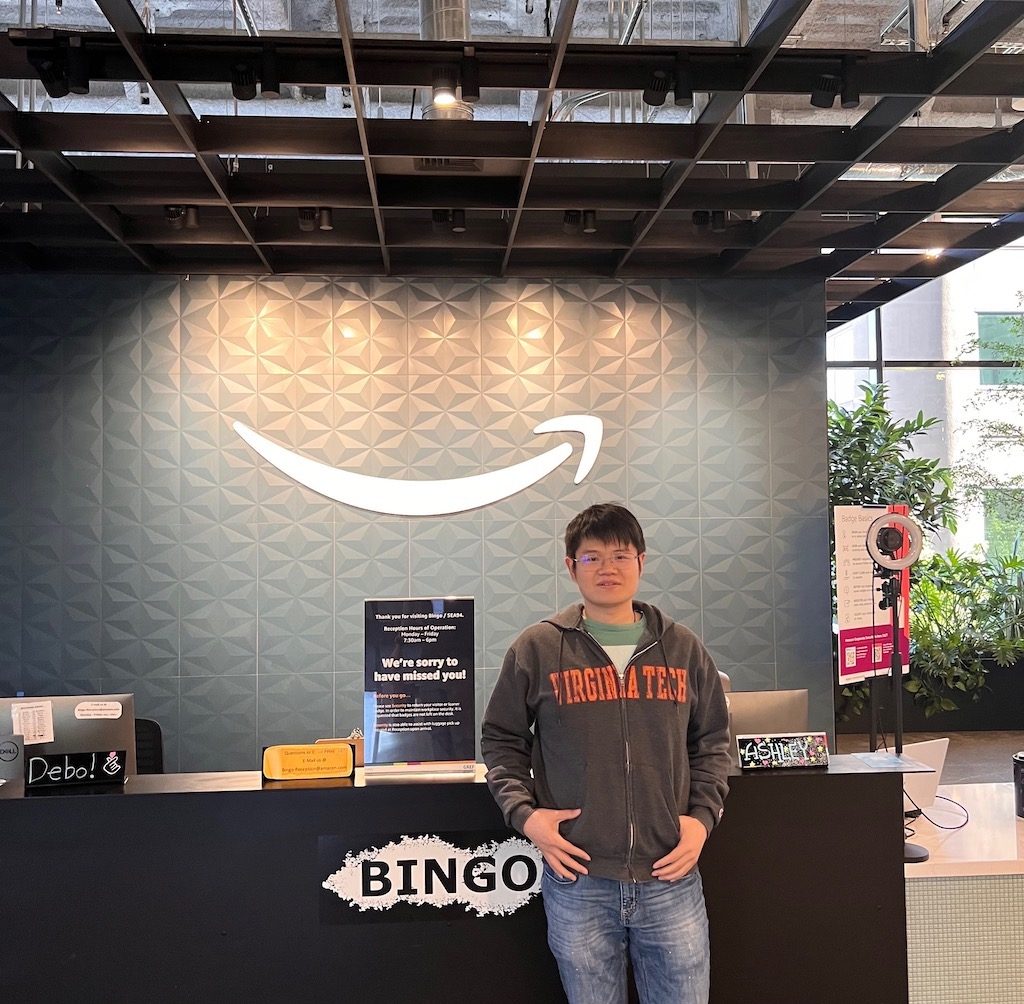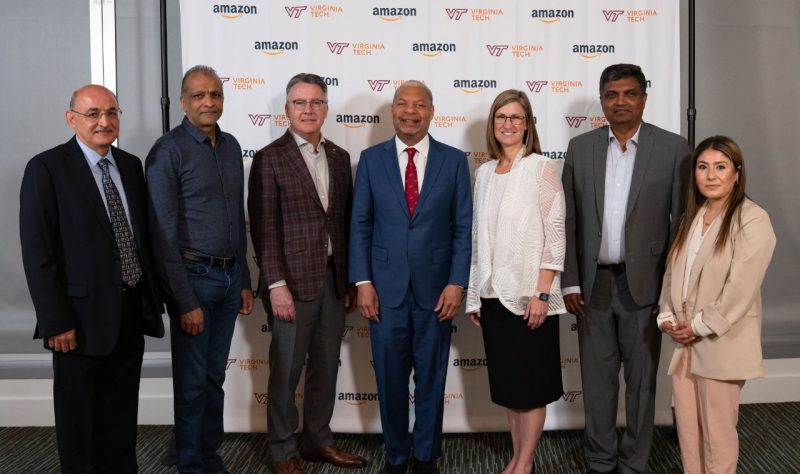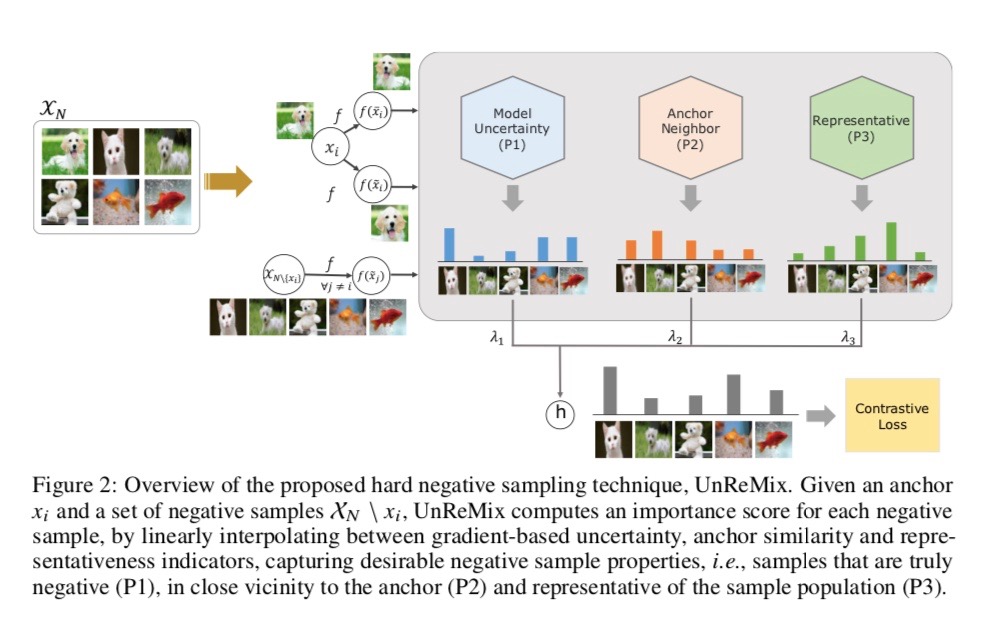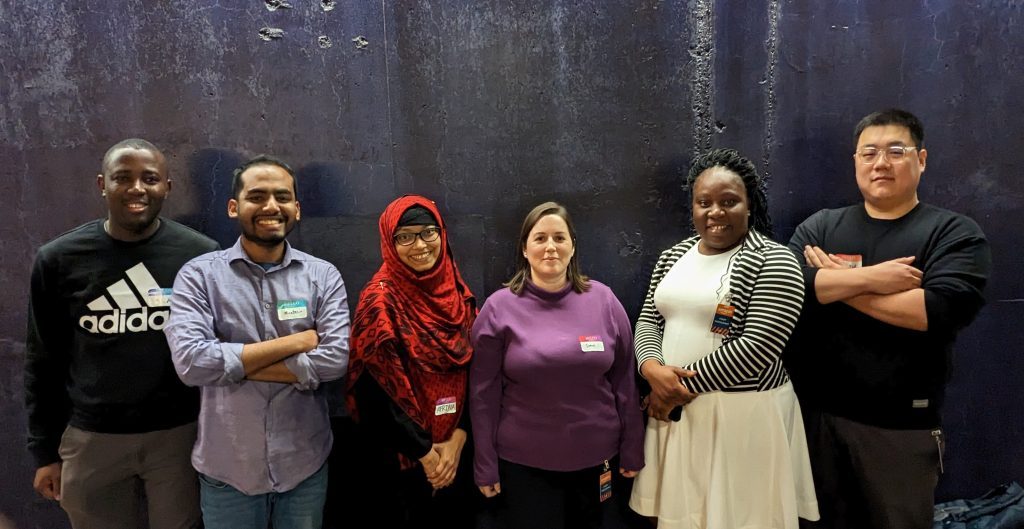Sanghani Center students use data and artificial intelligence for real-world problem solving while interning at tech companies, corporations, and labs across the country
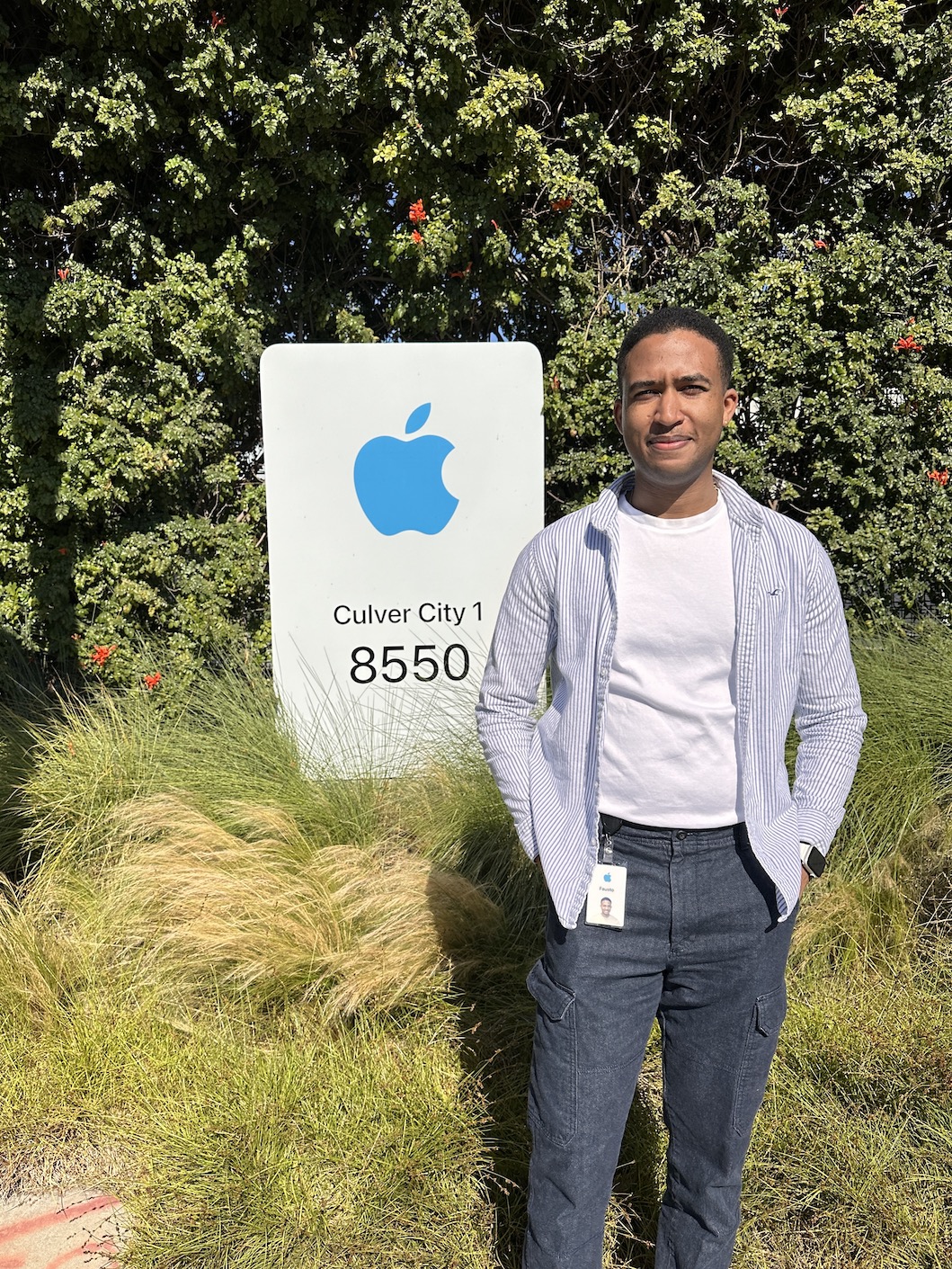
For Sanghani Center students interning at tech companies, corporations, and research labs from coast to coast, the benefits are threefold: they gain on the job work experience; they contribute to solving real-world problems; and what they learn enhances their own research interests.
Summer 2024 finds them at places as varied at GE Healthcare, Amazon, National Renewable Energy Laboratory, the Washington Post, Citigroup, Honeywell, Google, and Honda, to name only a few.
“As evidenced by this year’s internship opportunities, businesses in all fields are relying more and more on data and AI to improve efficiency and gain insights and our students are well prepared to help them accomplish their goals in that regard,” said Naren Ramakrishnan, Sanghani Center director.
Following is a list of Sanghani Center interns – where they are working and what they are doing:
Eman Abdelrahman, a Ph.D. student in computer science, is a graduate student intern at Lawrence Livermore National Lab in Livermore, California. She is working on enhancing autonomous Graphical User Interface (GUI) intelligent agents leveraging large multimodal models. Her advisor is Ismini Lourentzou.
Sareh Ahmadi, a Ph.D. student in computer science, is an intern at Blue Triangle Technologies, Inc., Mechanicsville, Virginia. She is using a large language model (LLM) as she works on building and prompt engineering of an artificial intelligence (AI) agent and chatbot in the company’s portal for customers to get insights from their data. Her advisor is Edward Fox.
Ahmed Aredah, simultaneously pursuing a Ph.D. in civil engineering and a master’s degree in computer science, is an infrastructure software development intern at Moffatt & Nichol in the FlexTerm Simulation Division in Norfolk, Virginia. He is working on simulating ports operations, full stack/DevOps development, and data analysis. His advisors are Hesham Rakha and Hoda Eldardiry.
Vasanth Reddy Baddam, a Ph.D. student in computer science, is a research scientist intern at the Honda Research Institute in Detroit, Michigan. He is currently developing frameworks and algorithms to enable robots to navigate through human spaces more effectively and to make the robots more socially compliant. His advisor is Hoda Eldardiry.
Rayan Bouhal, an undergraduate student in computer science, is a software engineering intern at Honeywell HCE in Richmond, Virginia. He is working on the Niagara Framework. His advisor is Hoda Eldardiry.
Si Chen, a Ph.D. student in electrical and computer engineering, is a research engineer intern on the trust layer team at Salesforce EinsteinGPT in San Francisco, California. She is working on content moderation for large language models. Her advisor is Ruoxi Jia.
Yusuf Dalva, a Ph.D. student in computer science, is a research scientist/engineer intern at Adobe Research, Creative Media Lab (CML) in Seattle, Washington. He is working on harmonized, multi-layer image generation. His advisor is Pinar Yanardag.
Pradyumna Upendra Dasu, a master’s degree student in computer science, is a machine learning intern at Blue Triangle Technologies, Inc. in Mechanicsville, Virginia. He is contributing to the building of a machine learning pipeline for yielding actionable insights from web performance data. His advisor is Edward Fox.
Tanner Fredieu, a Ph.D. student in electrical and computer engineering, is a software systems engineer intern in the Mission Systems Engineering Division at NASA’s Jet Propulsion Laboratory in Pasadena, California, where he is leading the design, development, and deployment of deep learning-based computer vision systems for satellites operating in low-Earth orbit. Fredieu’s internship, which began last summer, was extended throughout the 2023-2024 academic year and will end in September. His advisor is Lynn Abbott.
Alvi Md Ishmam, a Ph.D. student in computer science, is an artificial intelligence/machine learning Ph.D. intern at GE Healthcare in San Ramon, California. He is working to develop vision language model on 2d/3d bio medical images. His advisor is Chris Thomas.
Fausto German Jimenez, a Ph.D. student in computer science, is a data science and analytics intern on the TV+ Revenue and Subscription team at Apple in Culver City, California. He is applying advanced data science techniques to drive engagement and subscriptions to the Apple TV+ service. His advisor is Chris North.
Feiyang Kang, a Ph.D. student in electrical and computer engineering, is a research intern at NVIDIA Research, in Santa Clara, California. He is on the augmented video (AV) perception team, researching data-centric problems in perception for autonomous vehicles. His advisor is Ruoxi Jia.
Vanshaj Khattar, a Ph.D. student in electrical engineering, is a graduate research intern at the National Renewable Energy Laboratory (NREL) in Golden, Colorado. He is working on the problem of critical load restoration during power blackouts caused by extreme events. More specifically, he is using reinforcement learning techniques to address uncertainties in load demands and network topology during the critical load restoration process, an approach aimed at improving the resilience of power systems in the face of unforeseen disruptions. His advisor is Ming Jin.
Sha Li, a Ph.D. student in computer science, is an engineering and business operations intern at the Washington Post in Washington, D.C. She is on the Personalization and Artificial Intelligence team, working on open-domain question answering tools. Her advisor is Naren Ramakrishnan.
Harish Babu Manogaran, a master’s degree student in computer engineering, is a perception intern at a stealth startup in Palo Alto, California. He is working on computer vision for augmented reality (AR)/virtual reality (VR) applications. His advisor is Anuj Karpatne.
Faizan Manzoor, a master’s degree student in electrical and computer engineering, is a Power System Engineering Division intern at Mitsubishi Electric Power Products Inc in Warrendale, Pennsylvania. His advisor is Ming Jin.
Makanjuola Ogunleye, a Ph.D. student in computer science, is a data science intern in the Artificial Intelligence Division at Intuit Inc., Mountain View, California. He is working on improving the experiences of Intuit Assist (one of Intuit’s most powerful generative AI products) for customers, using large language models and retrieval augmented generation. His advisor is Ismini Lourentzou.
Shailik Sarkar, a Ph.D. student in computer science, is an engineering and business operations intern on the Personalization and Artificial Intelligence team at the Washington Post in Washington, D.C. He is exploring innovative applications of artificial intelligence and natural language processing in news consumption. His advisor is Chang Tien-Lu.
Medha Sawhney, a Ph.D. student in computer science, is a deep learning automation intern at NVIDIA, working with the Deep Learning Focus Group, in Santa Clara, California. She is responsible for developing computer vision and reinforcement learning solutions to automate graphics processing unit (GPU) validation. Her advisor is Anuj Karpatne.
Gurkirat Singh, a master’s degree student in computer science, is a sales and trading summer analyst at Citigroup’s Markets Division in Houston, Texas. He is working on the Electrical Reliability Council of Texas (ERCOT) Power Trading desk where he is developing quantitative tools and strategies to improve trade research and execution. His advisor is Hoda Eldardiry.
Anushka Sivakumar, a master’s degree student in computer science, is a software development engineer intern at Berkley Alternative Markets Tech, W.R. Berkley Corporation in Virginia. She is a backend engineer supporting the development of innovative applications in the commercial insurance industry. Her advisor is Chris Thomas.
Wenjia Song, a Ph.D. student in computer science, is a software engineer intern at Google Cloud in Sunnyvale, California. She is developing unsupervised approaches for Gmail spam detection. Her advisor Danfeng (Daphne) Yao.
Afrina Tabbasum, a Ph.D. student in computer science, is an applied science intern at Amazon in Bellevue, Washington. She is working on satellite imagery with the Geospatial Science team. Her co-advisors are Hoda Eldardiry and Ismini Lourentzou.
Zain ul Abdeen, a Ph.D. student in electrical engineering, is a graduate research intern at the National Renewable Energy Laboratory (NREL), in Golden, Colorado. He is working on machine learning based intrusion detection and mitigation strategies to improve smart grid resilience. His advisor is Ming Jin.
